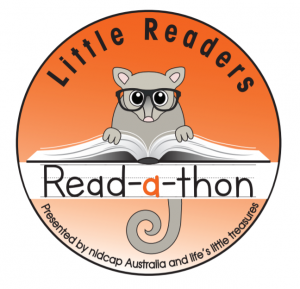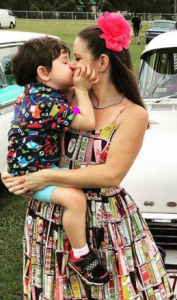Creating awareness:It is natural that excessive thinking makes a person distracted and makes them unaware that they are preoccupied with thinking. Creating awareness involves recognizing negative thinking circles when they occur, and to have deliberate awareness of excessive thinking. You will be able to control and stop thinking excessively when you monitor your thoughts and actions. Make sure you do not judge your thoughts or worry about excessive thinking. Mindset is everything.
Replace negative thoughts:
Another tip to eliminate negative thinking is to replace your negative thinking with positive thinking after interrupting your over-thinking style. Repeat your positive thinking many times aloud or with a voice in your mind. If your thinking is persistent, you should repeat this process as many times as you need. Over time, you will overcome the habit of negative thinking.
Talk to a trusted person:
There is also another solution to eliminate excessive thinking, which is to share your negative thoughts with someone you trust. This person can be a coach, mentor, counselor or friend. Such people can help you determine if you are overstated or not thinking clearly and they can also help you free yourself from negative thoughts. Your problem may not be as bad as you think and all you need is someone who assures you that you are fine.
Self-employment:
Keeping your mind busy keeps you from negative thoughts. Anything that requires attention may help you. This concern may vary between arranging your bookshelf alphabetically, drawing or calculating your annual expenses. This way you will gradually control your thoughts until you reach your desired level of control.
Exercise:
In addition to increasing self-confidence, exercise increases the secretion of the hormone Androfen and Sertonin, which reduce symptoms of anxiety and depression. When you concentrate on exercising, it distracts your mind from negative thoughts. When you have a busy mind, do some exercise, bike or walk for half an hour.
Make decisions:
Sometimes excessive thinking comes from inability to make an important decision. The most appropriate solution is to set a time, whether it is half an hour or two, to think about everything about a topic and when the time is close to completion, the decision was to be made without any hesitation.
Blogging:
During excessive thinking, you can not communicate with the present. One way to get rid of excessive thinking is to train your mind on intentional attention. Get to know your negative thoughts and then get rid of them immediately, or blog about it...It makes for great content!
Just do it:
The trick here is to start the project you want to do instead of thinking about it. Focus on your goal and schedule what you want to do so you can solve every problem on time. A step-by-step move will make you spend less time thinking about it.
Stop trying to reach perfection or control everything:
People think about things in exaggerated contexts until they achieve perfect results. You take into account all possibilities to avoid starting...and the possibility of failure. It is important to keep in mind that all people who have accomplished great things have failed at some point. It is impossible to control everything and avoid any kind of error. You are good enough right now, so begin!


















